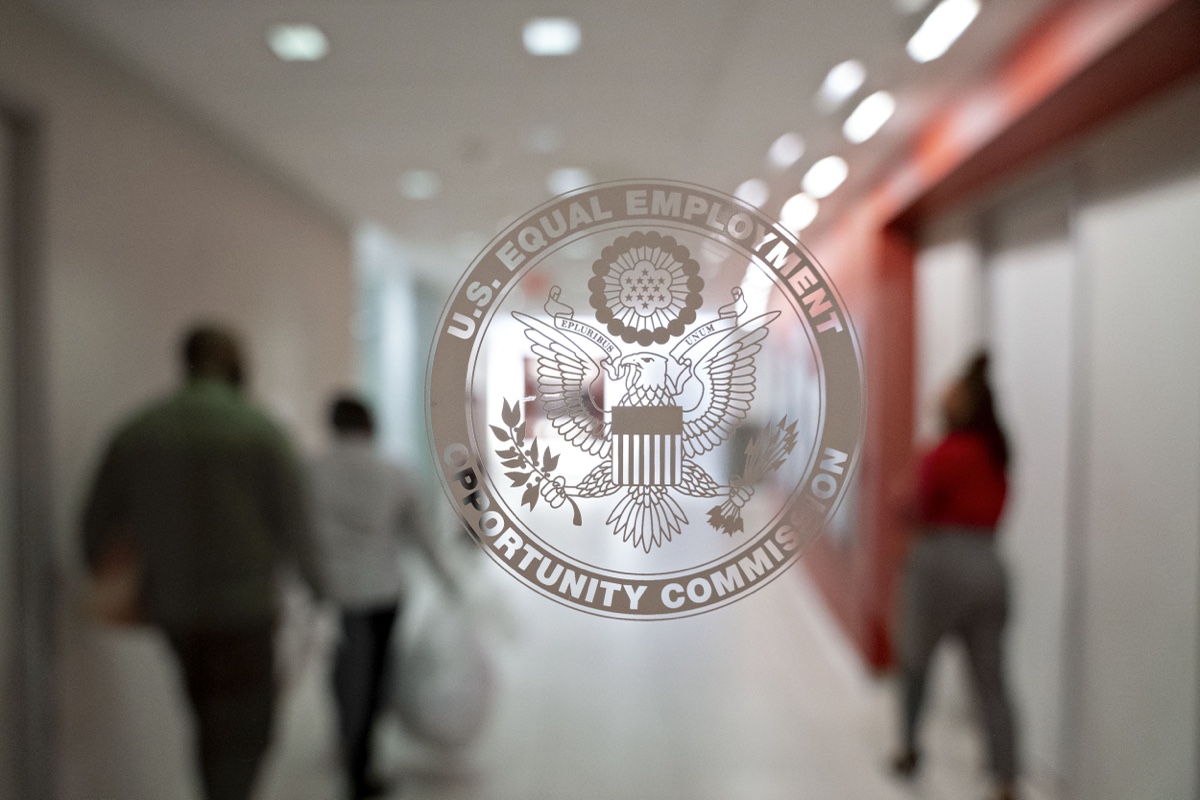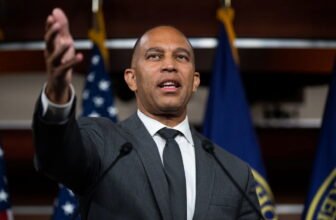
September 1, 2025
In a nation designed and built by slaves, Labor Day marks the long struggle to move closer to fair and equitable wages for all of America’s workers.
Written by Dr. Marcus Anthony Hunter
Every September, Americans congregate and fellowship in honor of workers’ contributions and the victories of the Labor movement, including workplace safety, the right to organize, and the eight-hour workday. In a nation designed and built by slaves, Labor Day marks the long struggle to move closer to fair and equitable wages for all of America’s workers. As the dialogue and possibilities of reparations for slavery grow, national holidays are a genuine opportunity to reflect on our shared history and how we can heal the soul of our nation. This Labor Day presents us with an opportunity pregnant with meaningful reparative possibilities through a simple yet profound act: establishing labor acknowledgements alongside the land acknowledgements that have become increasingly common at public events and gatherings. Just as we have land acknowledgments that honor Indigenous communities as the original stewards of the land that is now the United States, it is equally important to introduce labor acknowledgments that honor Black laborers who built this nation with their literal blood, sweat, and tears.
Mapping the blueprint for Black labor rights
The nation was in a pivotal moment in 1894 when Labor Day was established as a federal holiday. Coming just three decades from slavery’s abolishment, Labor Day represented a key American paradox: Even as the holiday served to uplift and recognize workers’ dignity and rights, Black workers were systematically excluded from labor unions and benefits through Jim Crow laws, systemic racism, sharecropping systems, and other exclusionary labor practices. As the nation grappled with embracing and fully enfranchising four million formerly enslaved people and their descendants, it also decided to publicly honor the labor of some but not all Americans. Labor rights were hard fought following Reconstruction, when racists engaged in tactics such as sharecropping, convict leasing, sunset towns, and violence. These oppressive tools were designed to undermine Black self-sufficiency.
Many corporations today misinterpret taxation and paying employees livable wages as threats to their freedoms, akin to how wealthy people in the Confederate states viewed Emancipation. For instance, when Georgia seceded from the Union in 1861, state officials described enslaved people as capital, proclaiming that the Union had outlawed $3 billion of their “property.”
The connection between American labor and slavery runs deeper than historical timing. Slavery was America’s preferred labor system, generating enormous national and international wealth and prosperity through the systemic exploitation of Black labor. Forced and enslaved Black labor contributed to the construction of key landmark structures across the nation, from the White House and Capitol building to military forts, presidents’ homes, and the actual wall on Wall Street. Black people played an unwilling role in the establishment of New York City’s lucrative banking and insurance sectors, as they were viewed merely as assets. These landmarks serve as tangible reminders of a painful history we can begin to grapple with as a country through public labor acknowledgements.
Americans benefited not only from Black people’s physical labor but also from their mental and emotional labor in the fields of science, technology, and academia. Many of their contributions went largely unrecognized, discredited, or uncompensated. They also labored in kitchens, creating the sights, sounds, and traditions that have shaped American culture.
History books and other records often overlook Black people’s resistance and labor rights advocacy. The Caulkers Association, formed following a labor strike in 1838, was an early Black union movement that improved working conditions for caulkers in Baltimore. In 1869, the Colored National Labor Union was formed in response to the National Labor Union’s failure to recognize it, thereby improving conditions for its members.
In 1881, formerly enslaved Black women in Atlanta organized the Washerwomen Strike to demand fair wages and better treatment from their employers. Their small group grew to 3,000 participants, underscoring the importance of organizing at any level. The Brotherhood of Sleeping Car Porters was formed in 1925 and also achieved positive outcomes.
Many protective labor laws today stem from Black-led movements, including parts of the Civil Rights Act of 1964 and one of its enforcement arms, the Equal Employment Opportunity Commission.
From Memphis to Philadelphia: The Struggle Continues
The legacy of exclusion and struggle continues. Consider recent events: Sanitation workers in Philadelphia recently celebrated a remarkable victory after a week-long strike for better wages. Municipal jobs have historically provided one of the few pathways for Black blue-collar workers in the city to achieve economic stability. Their struggle – buttressed by union representation — highlights the persistent racial dynamics in the American economy, echoing the Memphis sanitation strike where Dr. Martin Luther King Jr. made his final stand.
As Labor Day approaches, we should honor the determination of workers, including those operating within the legacy of shared humanity, dignity, and equity. Dr. King’s last campaign was notably in Memphis, where he stood in solidarity with sanitation workers demanding safer working conditions and respect. This is where his work ended, but it’s also where much of ours began.
Today’s workforce reflects the legacy of slavery. Current economic disparities have roots in enduring attitudes about Black labor, as some did not recognize the humanity of people of African descent. While not in bondage, Black people today receive compensation that remains inequitable and disproportionate to their contributions. Black workers remain overrepresented in essential but undervalued occupations, from food service to healthcare support, receiving compensation incommensurate with their contributions. We cannot solve problems that we do not name. Accepting a truth is a critical step toward reconciliation, creating an equitable society, and making full reparations a reality.
Why we need labor acknowledgements
The enslaved people who built much of America’s early wealth and institutions were workers too, though they were denied every protection and dignity Labor Day represents.
Unlike other, more contentious forms of repair, such as the necessity of direct cash payments, labor acknowledgements are free. Labor acknowledgements should reflect genuine respect for those who came before us and an appreciation for honest history. A carefully planned statement to be recited before meetings, presentations, or community events helps build the momentum to fight for a fairer and equitable society. Before crafting a statement, it’s imperative to conduct thorough research to gather accurate information about the space. Connect with community members or descendants of local laborers to gain valuable insights.
Acknowledgments can offer an opportunity to recognize our shared history and emphasize a collective responsibility to forge a better future. However, allyship is often weakened by divide-and-conquer strategies that discourage solidarity among multiracial coalitions. This dynamic persists, as some employers instill divisions among their employees, particularly among union organizers.
A labor acknowledgement should not be treated as a quick performance or mere formality. Rather, labor acknowledgements are a public occasion to honor and remember that those before us persevered despite incredible challenges that threatened their freedom and lives. We owe them our reverence. Whether attending holiday celebrations or pausing to rest, I hope we recognize the countless Black people whose stolen or exploited labor has been foundational to our nation’s economy and culture. Enslaved Africans, sharecroppers, imprisoned people, and Black women toiled in homes outside of their own. Their determination to thrive, not just survive, is a message we can carry with us this Labor Day and each one thereafter.
Dr. Marcus Anthony Hunter is the author of “Radical Reparations: Healing the Soul of a Nation.” He is the Scott Waugh Endowed Chair in the Division of the Social Sciences at the University of California at Los Angeles, and a professor in the departments of Sociology & African American Studies.
RELATED CONTENT: As Gig Workers Face Decreased Profits, Questions Over Financial Protection Arise






